Alerts & Advisories
From weather-related port closures to regulatory changes and local office information, our updates cover what you need to keep your business moving forward.
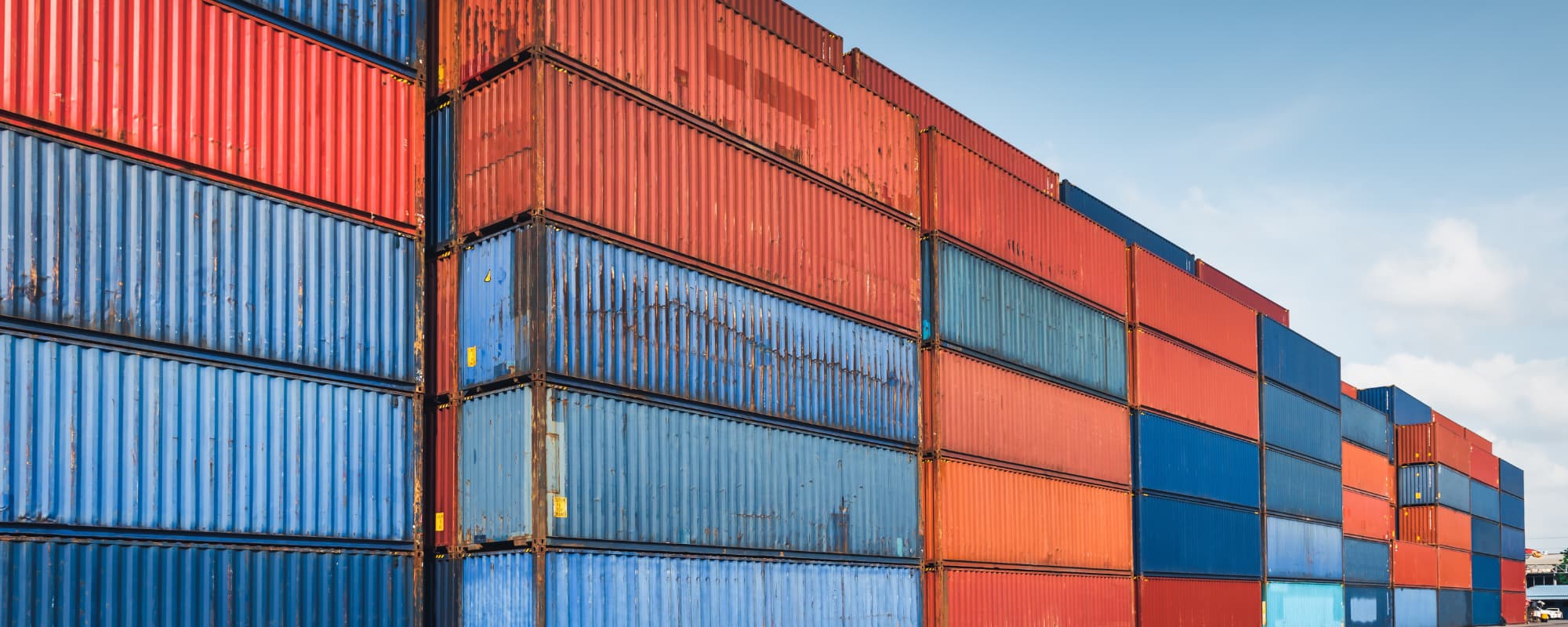
Featured Alert or Advisory
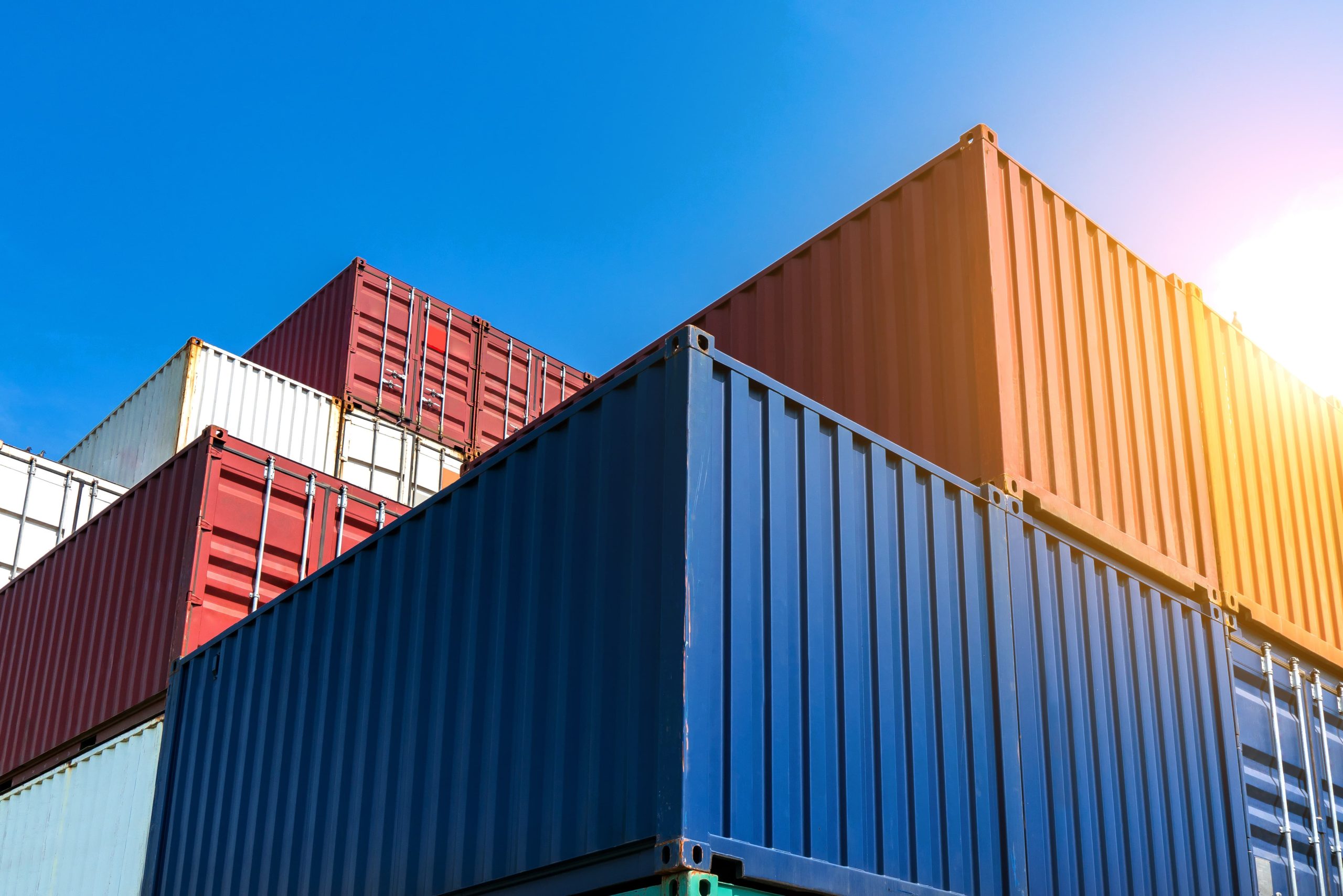
Low Advisory
Global
Global Customer Advisory Escalating Geopolitical Disruptions – Global Supply Chain Impact
Last Updated: March 3, 2026, 2:15 pm (UTC)
Ongoing Alerts or Advisories

Low Advisory
Global
Global Customer Advisory Escalating Geopolitical Disruptions – Global Supply Chain Impact
We are issuing this Global Customer Advisory to update you on the rapidly evolving geopolitical situation in the Middle East and its immediate and near-term ripple effects on global supply chains across all major trade lanes.
Last Updated: March 3, 2026, 2:15 pm (UTC)

Low Advisory
LATAM
Actualización Operativa – Terminales de Balboa y Cristóbal, Panamá
Por favor considere la siguiente información respecto a la situación operacional en las terminales portuarias de Balboa y Cristóbal en Panamá, tras el proceso de transición actualmente supervisado por la Autoridad Marítima de Panamá (AMP) y la designación de operadores temporales:
Last Updated: February 26, 2026, 4:38 pm (UTC)

Low Advisory
EMEA
Efectos del mal tiempo en Europa
Las operaciones ferroviarias en el norte de Europa continúan enfrentando interrupciones significativas. Un cierre total de vías en Dresden durante el fin de semana provocó una mayor congestión, mientras que los puertos de Hamburgo y Bremerhaven restringieron temporalmente la entrada de trenes.
Last Updated: February 19, 2026, 3:26 pm (UTC)
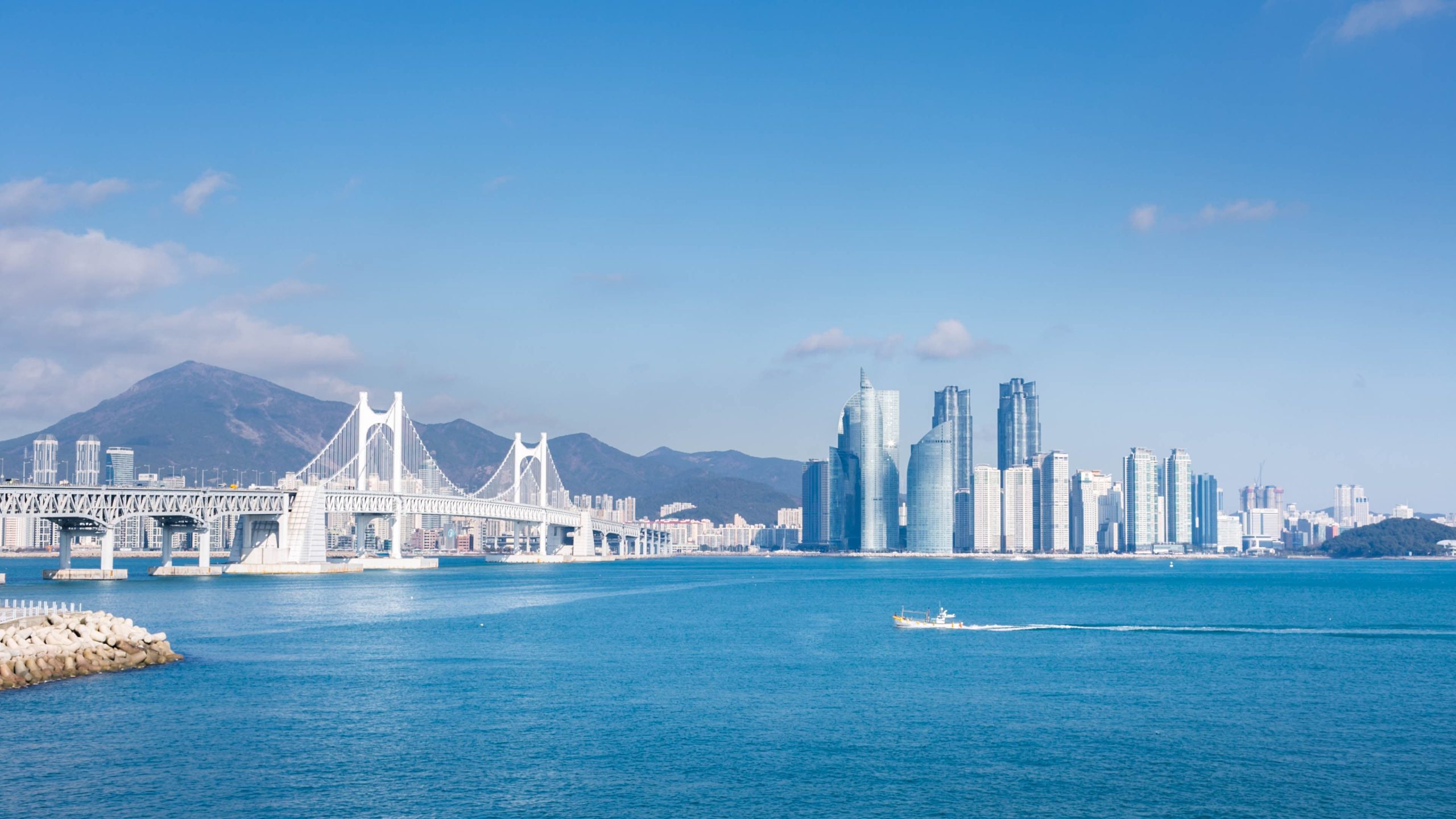
Low Advisory
Asia
2026 South Korea Safe Freight Rate Notice
South Korea has reinstated its mandatory Safe Freight Rate System for 2026 under MOLIT Notice No. 2026-55, effective February 1. The updated nationwide tariff applies to FCL container and cement transport and will directly impact trucking costs across the market.
Last Updated: February 19, 2026, 2:41 pm (UTC)

Low Advisory
LATAM
Comunicado a Clientes: Puerto DP World Lirquén | Incendios Forestales – Región del Biobío
Junto con saludar, informamos que, conforme a comunicación oficial emitida por DP World Lirquén, y debido a la contingencia por incendios forestales que afectan a la Región del Biobío, el terminal mantendrá suspendidas sus operaciones el lunes 19 de enero, durante el primer turno.
Last Updated: January 20, 2026, 4:40 pm (UTC)

Medium Advisory
Global
Customer Advisory: Lunar New Year 2026
Lunar New Year 2026 will take place from February 15 through February 23 and during this time, most factories, government offices, and many businesses will close or operate at reduced capacity.
Last Updated: January 5, 2026, 3:37 pm (UTC)

Medium Advisory
Oceania
Customer Advisory: Fremantle Traffic Bridge Closure
JAS Australia is ready to support freight operations during the Fremantle Traffic Bridge closure starting 1 February 2026
Last Updated: December 12, 2025, 3:49 pm (UTC)

Low Advisory
LATAM
Customer Advisory: Epiphany Holiday
Please be advised that the JAS Colombia and JAS Uruguay offices will be closed January 12, 2026 in observance of the local holiday. Normal operations will resume on January 13, 2026. We recommend planning shipments and communications accordingly to avoid delays. Thank you for your understanding.
Last Updated: December 2, 2025, 5:19 pm (UTC)

Low Advisory
EMEA
Customer Advisory: Day of Reconciliation
Please be advised that the JAS South Africa offices will be closed December 16, 2025 in observance of the local holiday. Normal operations will resume on December 17, 2025. We recommend planning shipments and communications accordingly to avoid delays. Thank you for your understanding.
Last Updated: December 2, 2025, 5:24 pm (UTC)

Low Advisory
Global
Customer Advisory: Christmas Day and New Years Day Holidays
Our global offices will observe the Christmas and New Year holiday according to local regulations and regional practices. Some locations may operate on limited hours, while others will remain open.
Please contact your local team for the most accurate schedule.
Last Updated: December 2, 2025, 5:10 pm (UTC)

Low Advisory
North America
Customer Advisory: JAS USA Closed for Thanksgiving Holiday
Please be advised that the JAS United States office will be closed Thursday, November 27, and Friday, November 28, 2025 in observance of Thanksgiving.
Normal operations will resume on Monday, December 1, 2025. We recommend planning shipments and communications accordingly to avoid delays.
Thank you for your understanding.
Last Updated: November 10, 2025, 4:28 pm (UTC)

Low Advisory
LATAM
Customer Advisory: JAS Panama Closed November 3-5
Please be advised that the JAS Panama offices will be closed November 3-5, 2025, in observance of the public holidays.
Normal operations will resume on November 6, 2025. We recommend planning shipments and communications accordingly.
Thank you for your understanding.
Last Updated: September 11, 2025, 5:31 pm (UTC)

Low Advisory
LATAM
Customer Advisory: JAS Colombia Closed October 13
Please be advised that the JAS Chile office will be closed Friday, October 31, 2025 in observance of a public holiday. Normal operations will resume on Monday, November 3, 2025. We recommend planning shipments and communications accordingly to avoid delays. Thank you for your understanding.
Last Updated: September 11, 2025, 5:30 pm (UTC)

Low Advisory
LATAM
Customer Advisory: JAS Chile Closed October 31
Please be advised that the JAS Chile office will be closed Friday, October 31, 2025 in observance of a public holiday.
Normal operations will resume on Monday, November 3, 2025. We recommend planning shipments and communications accordingly to avoid delays.
Thank you for your understanding.
Last Updated: September 11, 2025, 5:20 pm (UTC)

Low Advisory
LATAM
Customer Advisory: JAS Peru Closed October 8
Please be advised that the JAS Peru office will be closed on Tuesday, October 8, 2025, in observance of a public holiday. Normal operations will resume on Wednesday, October 9, 2025. We recommend planning shipments and communications accordingly. Thank you for your understanding.
Last Updated: September 11, 2025, 4:54 pm (UTC)
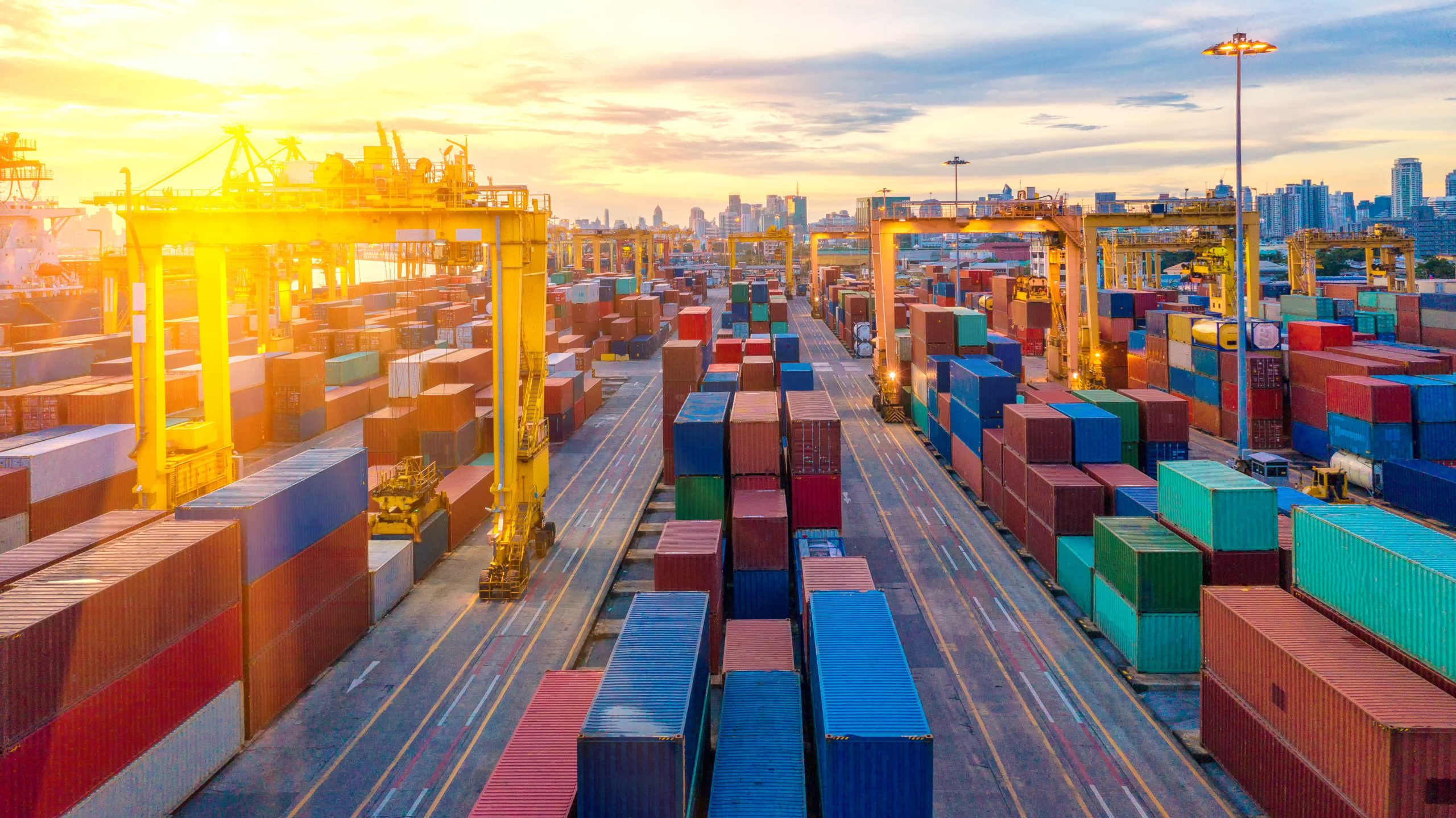
Medium Advisory
Global
Important Notice: EU Import Control System 2 (ICS2) – Regulatory Requirements
We would like to remind our customers of the implementation of the Import Control System 2 (ICS2), the European Union’s enhanced pre-arrival safety and security program for cargo entering or transiting through EU Member States, as well as Norway, Switzerland, and Northern Ireland.
Last Updated: September 11, 2025, 5:00 pm (UTC)
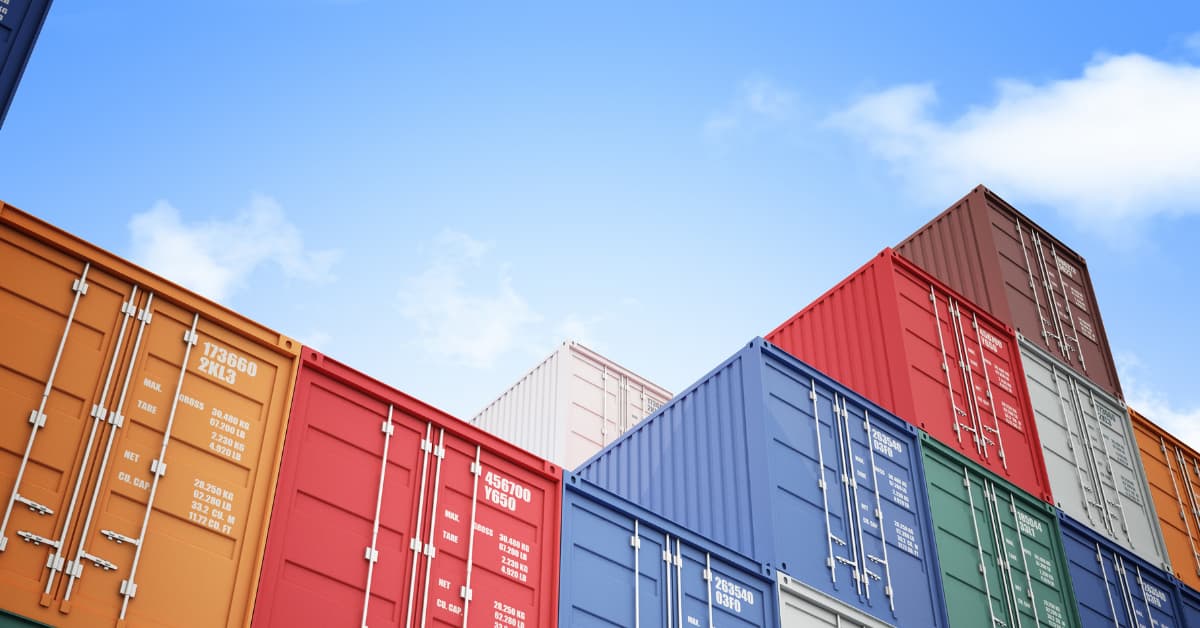
Low Advisory
Asia
Customer Advisory: Golden Week in China
Golden Week will run from October 1–8, and during this time, most factories, government offices, and many businesses will close or operate at reduced capacity.
Last Updated: October 31, 2025, 9:05 pm (UTC)
Discover What Else We Have to Offer